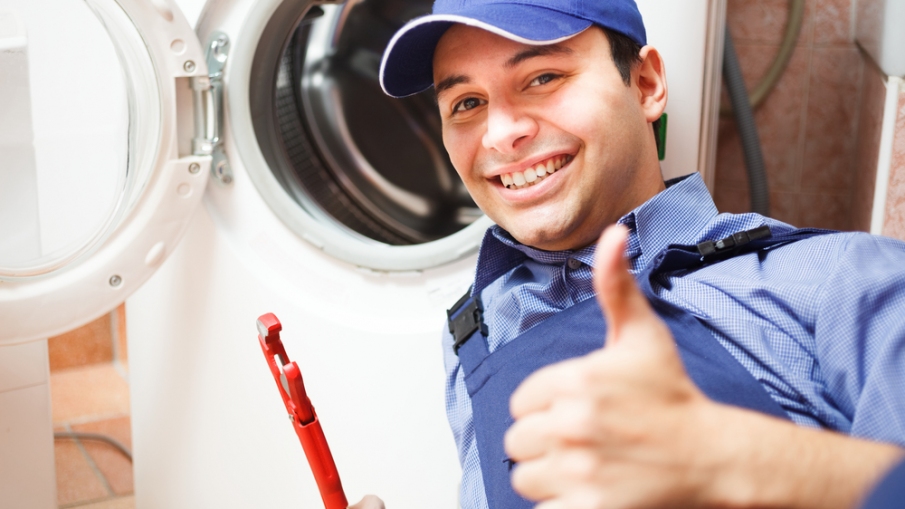Generally speaking, labor services are not taxable in Colorado. However, there are certain situations where plumbing services might be taxed, and these typically involve the concurrent purchase of materials and services at the same time. Here are just a few examples of taxable situations to consider before making a purchase or negotiating a contract.
Appliance purchases
Taxes are assessed on retail and personal property sales (or rentals), which would include appliance purchases. If you purchase a dishwasher, washer, or refrigerator with a water line and the appliance store also charges you an installation fee to complete the plumbing hookups, that fee for plumbing and installation services are taxable if it’s contained within the same invoice as the appliance purchase.
The same also holds true for other household items like toilets, bathtubs, or vanities if you purchase a package deal that includes installation costs. In these situations, you have to calculate whether it is cheaper to purchase the items and simply have them delivered to your home, and then have a plumber install them as a separate service call, or whether the tax on the entire bill would be lower than these services.
RV services
If you purchase a new or used recreational vehicle and decide to have some plumbing modifications like water filtration or additional water storage, you need to determine whether it’s cheaper to include that in the taxable sale of personal property, or whether it’s best to have the work done and billed separately. You can also discuss this possibility with the dealer before ordering any kind of plumbing modifications.
Home remodeling, additions, or new construction
The state of Colorado recognizes two different kinds of contracts that might be completed for the building or remodeling of real property: a “time-and-materials” contract or a “lump sum” contract. In a time-and-materials contract, the contractor must collect sales tax for the materials only; the labor portion of the contract is tax-exempt. In a lump sum contract, no sales tax is collected from the homeowner; it is paid by the contractor and a markup is usually passed along to the homeowner.
In similar fashion: whenever a plumber completes a service call to your home for repairs, if new materials were incorporated into your home and the plumber submits an itemized invoice that includes the cost of materials, then a tax must be assessed for the materials only. For example, if a section of pipe, a new faucet, or a wax seal replacement for your toilet was installed and this charge shows up separate from the labor on the invoice, expect to pay taxes on those materials. If the plumber’s invoice is a lump sum invoice with no breakdown of how the charge was assessed, then the plumber pays the tax for materials and cannot collect taxes from the homeowner.
For straight service repairs that don’t involve installation of new materials on your property, such as a call to Roto-Rooter Plumbing to clear out a drain, no tax is assessed to the homeowner. The same holds true for service calls to simply provide inspection services or job cost estimates. Tax only comes into play when there is a transfer of materials from the contractor to the homeowner which is incorporated into the real property of the home, or when materials or equipment are rented. If a plumber includes a charge to put a commercial heated blower at your property for 24 hours to remediate a wet carpet after a plumbing leak has been cleaned up, expect to pay taxes on that rental as well.


Leave a Reply